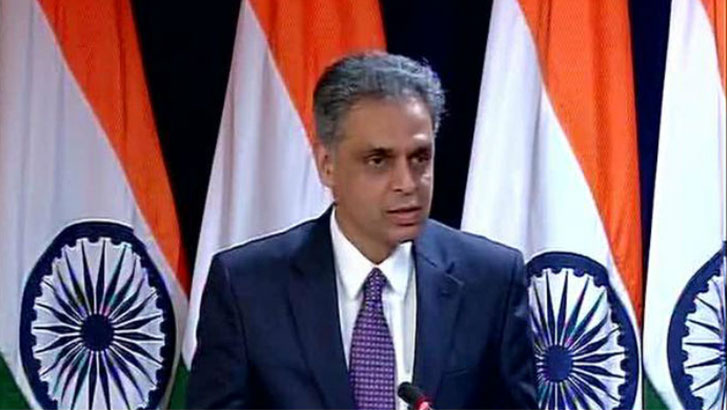Akbaruddin takes up G4 stance on security council in the UN
Collate all options and place them on the table for all member states to seriously begin negotiations…It is time to get started…For our credibility to be sustained, it is time for honest engagement and exchange on the basis of a text…
The G4 countries of India, Japan, Germany and Brazil urged the United Nations (UN) on Tuesday to speed up Security Council reforms, saying, with ill-concealed frustration, they were willing to discuss anything, even old and rejected ideas, to advance the process.
‘We believe that there is imbalance of influence within the security council between the permanent and non permanent members.Expanding only in the non member category will not solve the problem. It will actually , widen the difference between permanent and non-permanent members even more, tilting further the scales in favour of dispensation that was valid in special situation in 1945 but is no longer now.A balanced enlargement in both categories is necessarily the only way to ensure an equilibrium that reflects the current situation “ Akbaruddin asserted.
“Collate all options and place them on the table for all member states to seriously begin negotiations”, said Indian permanent representative (PR) to the United Nations, Syed Akbaruddin in a statement on behalf of the group.
“It is time to get started,’ he added, reflecting the group’s combined frustration with a process that has moved with glacial pace.
“For our credibility to be sustained, it is time for honest engagement and exchange on the basis of a text.”
The “text” is UN-speak for a formal proposal on paper that member countries can discuss, parse and reject in total or part, and will be a first major step in what has been a slow process and will likely to be one because of lack of unanimity.
India and the other three G-4 countries are leading contenders for permanent membership of an expanded UN Security Council, the world body’s top decision making organ, that aims to be more inclusive of the world’s nations.
There are others who oppose expanding the permanent membership and have suggested a variety of other options, including membership with the full veto power of the current permanent members.
G-4 will not insist on veto for new members, Akbaruddin said reiterating, according to official sources on background, an old position.
“While the new permanent members would as of principle have the same responsibilities and obligations as current permanent members they shall not exercise the veto until a decision has been taken during a review,” Akbaruddin said on behalf of G-4.
An Indian diplomat said in Delhi this is an old position, adding, “basically out focus strategically was on moving the process ahead with a text; rest is all tactical”.




